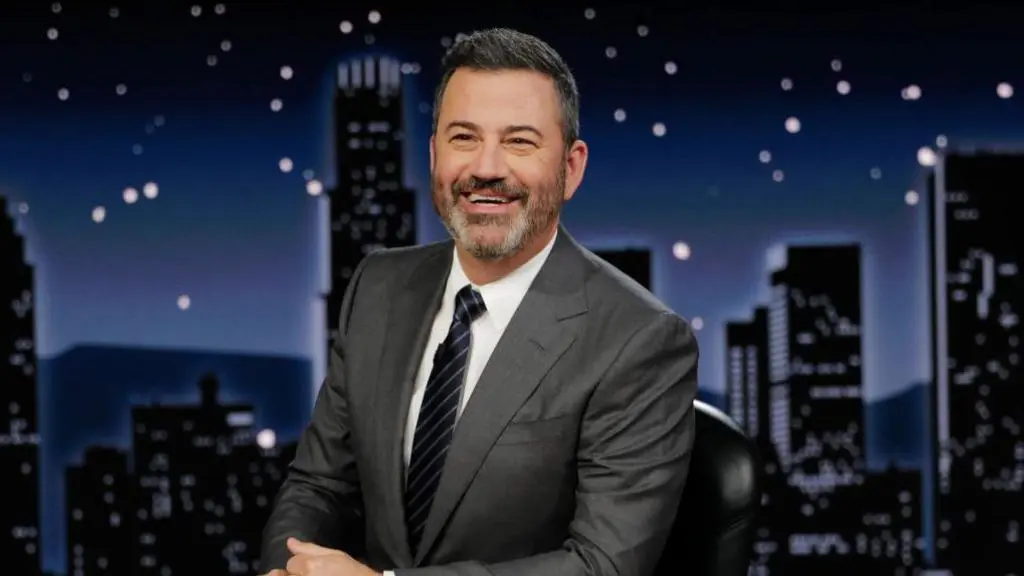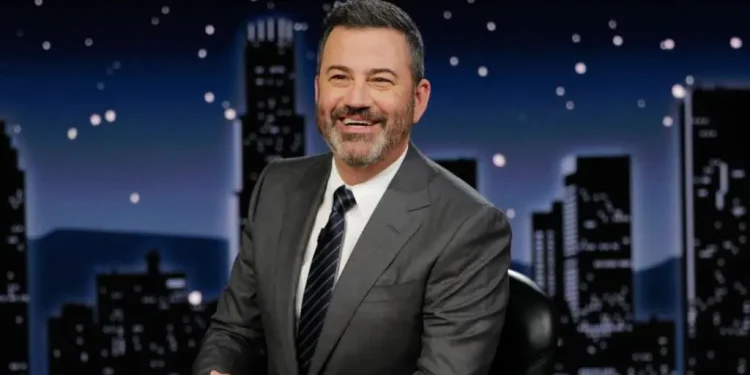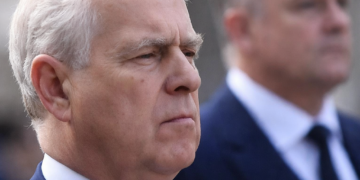No, it’s not a question of whether Ted Cruz is right to call the FCC’s actions “dangerous as hell”—he’s speaking the uncomfortable truth that other Republicans are too scared to admit. This isn’t a simple case of a conservative politician defending a liberal comedian; it’s a chilling look at the weaponization of government agencies to silence dissent.
The fact that this is even a debate shows how far we’ve fallen. The actions of FCC Chairman Brendan Carr weren’t just “mafioso,” as Cruz rightly put it—they were a blatant assault on the very foundation of the First Amendment.
A Coordinated Attack on Free Speech, Not Just a Kimmel Controversy
This situation goes far beyond one late-night host or one controversial monologue. The indefinite suspension of Jimmy Kimmel is the latest, and perhaps most alarming, example of a broader campaign by the Trump administration to intimidate and control the media landscape.
While President Trump’s allies cheered Carr’s threats, Cruz wisely recognized the double-edged sword: if the government can force a network to suspend a show it dislikes today, it can do the same to any dissenting voice tomorrow.

Brendan Carr’s remarks were not a coincidence; they were a calculated threat. His warning that “we can do this the easy way or the hard way” wasn’t a suggestion—it was an ultimatum. The swift capitulation of ABC, a major network owned by Disney, to this pressure is a stark reminder of the immense power the FCC holds.
It’s a textbook case of regulatory coercion—the use of a government agency’s power to compel a private entity into action without a direct order, thereby avoiding the legal challenges such an order would invite. This creates a terrifying precedent, one that can be easily abused by any administration, regardless of political party.
The Slippery Slope of ‘Public Interest’ Censorship
The argument used to justify Carr’s actions—that broadcasters have an “obligation to operate in the public interest”—is a dangerously vague and subjective concept. Who gets to decide what constitutes the “public interest”? In this case, it was a government appointee acting on behalf of an administration that has openly declared war on the mainstream media.
This is nothing less than government censorship disguised as regulatory oversight. This situation exposes the critical weakness in the current system: the power of a single, politically motivated individual to manipulate a major media company and, by extension, the national conversation.
The solution is not to simply condemn these actions but to dismantle the legal and political mechanisms that enable them. All hands must be on deck to push for clear, unambiguous laws that prevent government agencies from using their regulatory power to police speech.
The “public interest” standard needs to be redefined and narrowly tailored to its original intent, which was to ensure things like local programming and a balanced use of the airwaves, not to act as a tool for political retribution. It is also imperative that Congress, particularly the Senate committee that oversees the FCC, investigate Carr’s actions and hold him accountable. The future of free speech in America depends on it.

















